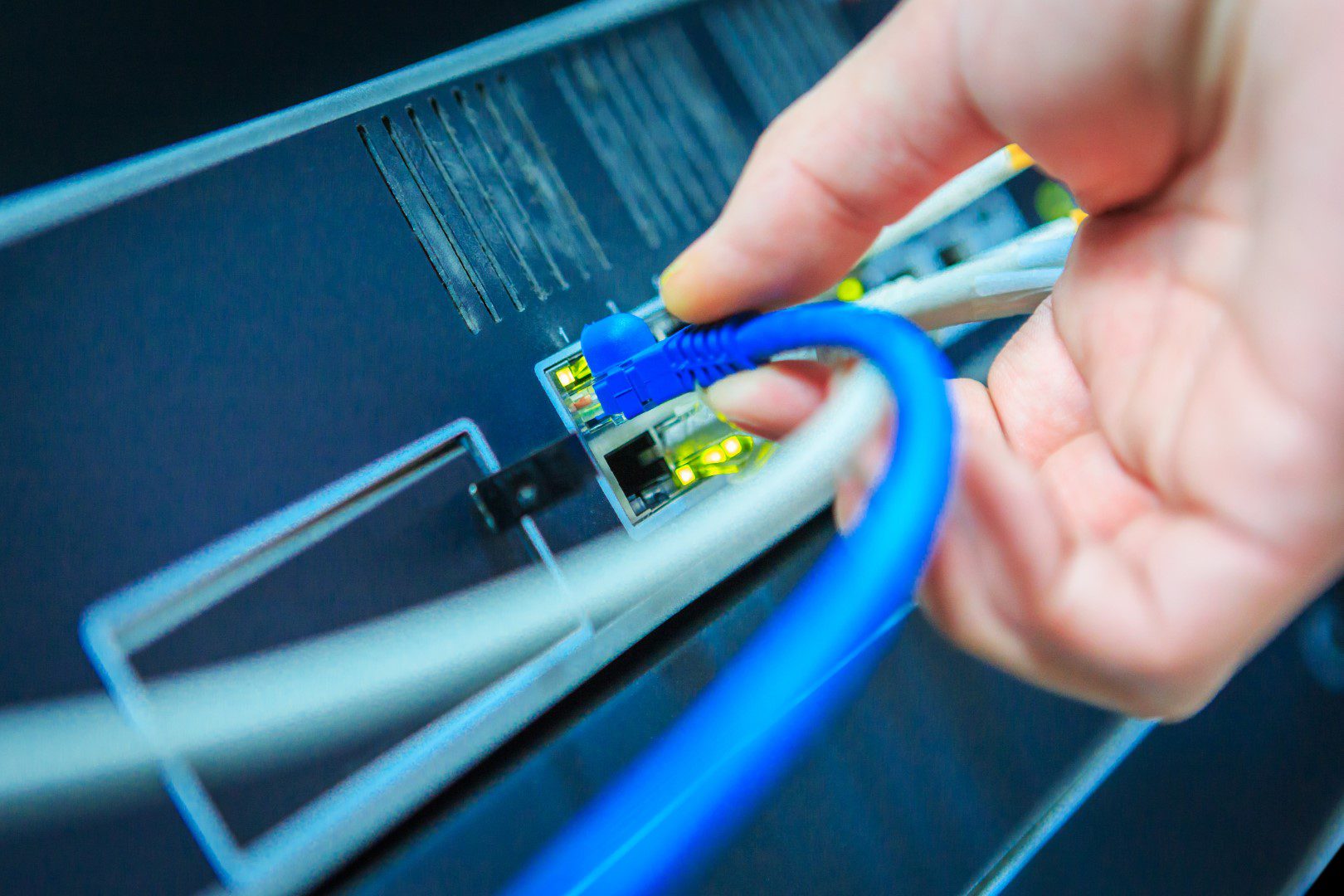Ethernet First Mile (EFM) is a premier data connection service offered by Juno Telecoms, renowned for its reliability and consistency, particularly beneficial for small to medium-sized businesses (SMEs). Contrary to the common belief that more fibre and less copper is better, EFM challenges this notion by delivering substantial benefits through an all-copper data connection.

EFM, or Ethernet First Mile is one of the most popular data connections available on the market today. The general rule of thumb when it comes to choosing a reliable and consistent data connection for your business is that the more fibre, and the less copper, the better. However, this is not entirely true when it comes to EFM. An Ethernet First Mile connection can offer big benefits at a fraction of the price, especially for small to medium-size businesses (SMEs), and therefore it is important to examine the merits of this all copper data connection.
Ethernet first mile (EFM) internet access is a low cost leased line technology with significant cost savings compared to fibre leased lines. It is an affordable means of achieving guaranteed symmetrical speeds using broadband while providing an Ethernet handover interface. ’Symmetrical’ bandwidth means that the upload speed and download speed are the same. It is also an uncontended service, which means that the bandwidth is dedicated to your business alone, and therefore it does not fluctuate at peak times but remains consistent throughout the day. This Ethernet service is delivered via multiple copper phone lines, usually bundled into copper pairs, to supply a single symmetric service, which makes this connectivity extremely resilient, because if one pair should fail, the others remain live.

The biggest advantage of Ethernet First Mile connectivity is cost. Depending on location, an Ethernet First Mile connection will be cheaper to install than a pure fibre optic connection because there is less structural work required in preparation. The on-site router handles the data transfer and line failures, to ensure consistent up time.
Another important advantage of an ethernet connection is that it offers a completely dedicated service to your business, which means that the bandwidth remains consistent throughout the day without compromising business productivity.
Because Ethernet First Mile (EFM) offers a business grade connectivity service, it is backed by a strong Service Level Agreement (SLA), giving you peace of mind over guaranteed consistency in data connection, and quick restoration response should the system falter. A dedicated leased line also increases security by ensuring that sensitive data never touches the public internet.
Not only is EFM lower-cost than a traditional fibre leased line, but it is also widely available, without needing much structural work to install. Ethernet First Mile data connectivity is, in fact, available to over 80% of businesses in the UK. It can be generally installed within 25-30 days, which is considerably shorter than the lead time on a fibre leased installation. Overall, EFM is a fault tolerant solution and it can be delivered in a variety of upload and download speeds at a fraction of the cost.

You may ask, if fibre is key, why not choose FTTC (Fibre to the Cabinet) broadband? After all this data connection is a blend of copper and fibre optic cables. Because of the fibre and copper blend, FTTC is often used as the more economical substitute to FTTP (Fibre to the Premises).
However, if your business heavily relies on robust data connectivity and sensitive data handling, it is important to note that FTTC (Fibre to the Cabinet) broadband is not built for the long haul. It is a contended service which means that you may notice peak time fluctuations in your broadband connection. Likewise, with Fibre to the Cabinet, your business does not benefit from a dedicated connection, and this service is not covered by a Service Level Agreement (SLA) for guaranteed uptime, and service restoration.
Gain insights from our latest blog posts. These articles are packed with expert tips and updates in telecommunications to help you stay ahead.
For general enquiries, please contact us using the details below, or fill out the enquiry form.










We specialise in enhancing business connectivity with cutting-edge technology and personalised services, ensuring your business stays connected.
Company No: 04952400
Are you looking for a new website? Contact Outrank Today
